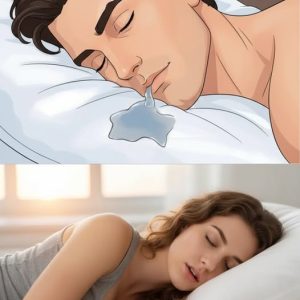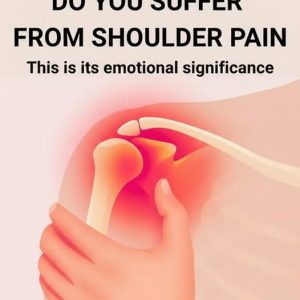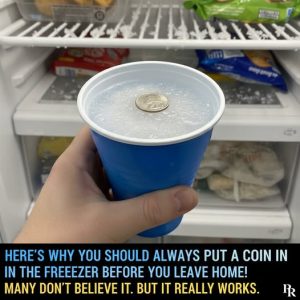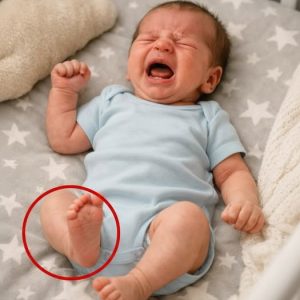Drooling during sleep is a common occurrence and is typically harmless, although it can be embarrassing in public or unfamiliar settings. It may simply result from your sleeping position or other benign factors. However, excessive or sudden drooling can sometimes signal an underlying medical condition that needs attention. Understanding the causes and possible treatments can help manage or reduce nighttime drooling effectively.
One of the main reasons for drooling is sleep position—sleeping on your side or stomach increases the likelihood, especially when combined with nasal congestion. Medications such as sedatives, NSAIDs, and antipsychotics can also increase saliva production. Nasal issues like a deviated septum or allergies can block airflow, forcing mouth breathing and contributing to drool. Additionally, sleep apnea is a common cause, often associated with disrupted breathing and excess saliva.
Other health-related causes include dental problems like infections or cavities, which can make swallowing painful and increase drooling. GERD (acid reflux) may also lead to excessive saliva, particularly at night. Neurological conditions such as Parkinson’s disease, ALS, or stroke may impair muscle control, making it harder to manage saliva. Bruxism, or teeth grinding, especially when using a mouthguard, can affect mouth closure and promote drooling.
Simple remedies to reduce drooling include adjusting your sleep position—sleeping on your back can help keep saliva in the mouth. Staying hydrated and trying certain home remedies, such as sucking on lemon wedges, might also help. Mandibular devices and mouthguards can assist in keeping the mouth closed. For sleep apnea, using a CPAP machine can improve breathing and reduce saliva accumulation.





